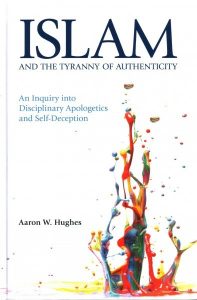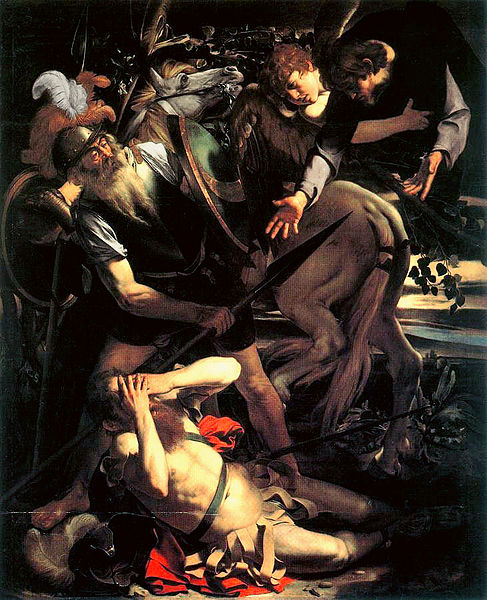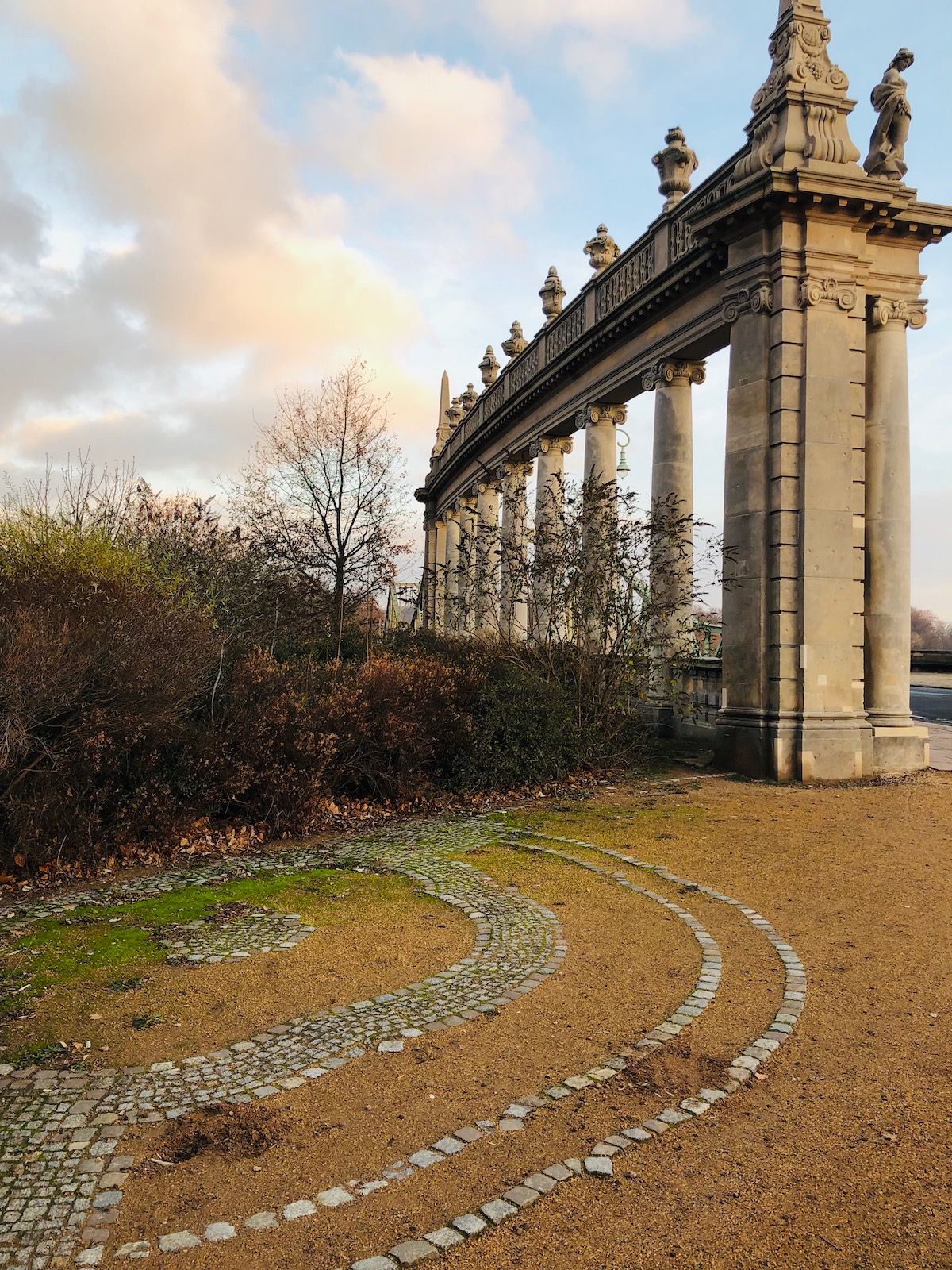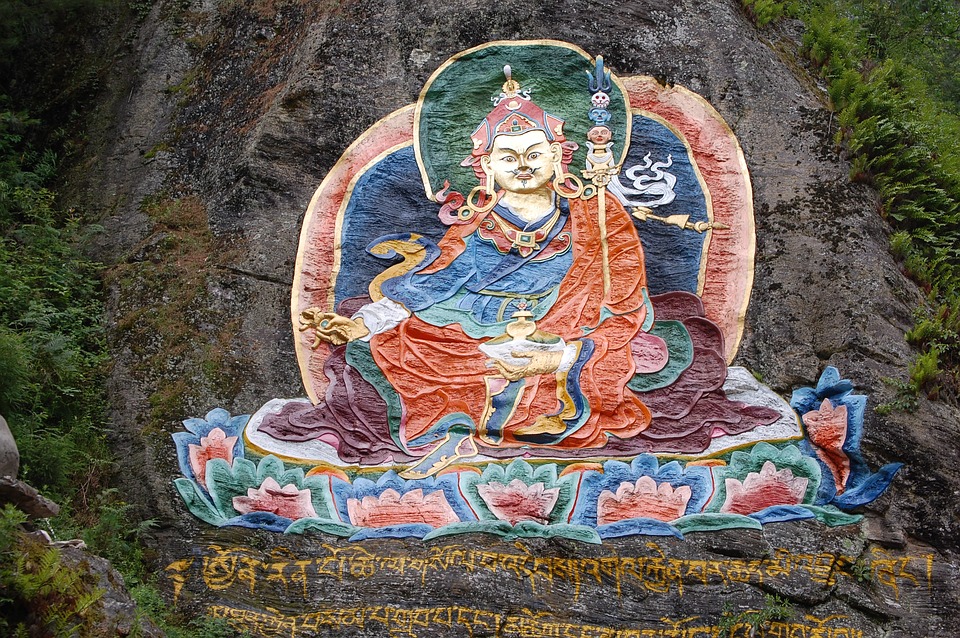Hughes, Aaron. Islam and the Tyranny of Authenticity: An Inquiry into Disciplinary Apologetics and Self-Deception. London: Equinox Publishing, 2016. ISBN-10: 1781792178. Hardcover, paperback. 256 pages.
Introduction:
It has never been exactly clear what apologetic scholarship achieves. Are apologetic scholars reinforcing a certain status quo that lies outside of academe, one that is located in the particular lived experience of the given religious community they study? What do we, and perhaps more importantly, what do religious followers lose out on when apologetics is infused into scholarship?
Perhaps religious communities gain something from apologetic scholarship? But it is often unclear what that might be. Should the academic community encourage more critical scholarship that deconstructs and critically challenges apologetic scholarship of religion? Moreover, can apologetic scholarship participate in meaningful reform of a given religion, or would that compromise the disinterested and impartial basis of what it means to be a scholar in the western academy?
These are the questions that Aaron Hughes’ short screed, Islam and the Tyranny of Authenticity: An Inquiry into Disciplinary Apologetics and Self-Deception raises, but these questions are not entirely answered.
Hughes has a much more specific, and perhaps idiosyncratic, axe to grind in this book. For background, his criticisms of Islamic studies have been quietly celebrated by a number of non-Muslim scholars within Islamic studies (as evidenced by the testimonials on the back of the book). According to Hughes, there exist too many taboos for non-Muslim scholars within Islamic studies departments to be heard and responded to adequately by their Muslim peers who apparently (Hughes maintains) do not hold social or academic power. This short text grew out of a series of fairly intense, and very public, debates Hughes had with the prominent Muslim intellectual and chair of Islamic Studies at Duke University, Omid Safi.
A Bold and Critical Appraisal:
Hughes makes a loud and resolute public declaration against the direction Islamic studies is headed; in no uncertain terms he argues that Islamic studies has reached an “acritical” position relative to the content of its inquiries and what it studies. It has devolved into a sour type of identity politics, in his view, which has been caused, very predictably, by the response Muslim scholars have had to make to pressures to combat prejudice and misunderstanding of Islam after 9/11.
Hughes, a scholar of Judaism and Islam respectively, as well as a scholar of the theory and method of religious studies says this pressure is nothing new in the academic study of religion. Jewish studies faced a similar tyranny of authenticity until Jacob Neusner—the most widely published scholar of Judaism—revolutionized the field about mid twentieth century and began to take the field into a new direction. The secret to his success was that he wrote like an outsider to the field, even though he was an insider.
Hughes devotes an entire chapter to Neusner arguing that his excavation of the core sources of Jewish texts shook the delicate normative fabric of Judaic studies and successfully enabled Jewish studies to branch out to literature and other disciplines. Instead of asking where the Martin Luther within Islam is today, as many neo-Orientalists often do, Hughes asks, where is the Jacob Neusner? Neusner was not seeking normative community-level reform of Judaism, he was seeking academic broadening of the tradition and he received it. Interestingly, his reputation has been fraught with criticism by Jewish scholars for most of his life.
In the book, Hughes paints a picture of current day Islamic studies that is both dismal and embarrassing. It goes like this: after 9/11, the study of Islam, specifically under Islamic studies, went from being a serious scholarly affair to one filled with identity politics, insecurity, defensiveness and a desire to correct misconceptions about Islam. If one is an outsider, i.e. not a Muslim, they are encouraged to act as a friend or ally by supporting the positions of the Muslim academics, but if they take a critical edge they are branded an Islamophobe. Hughes speaks from personal experience here as Omid Safi branded him an ‘Islamophobe’ and others have waged similar criticism for his views on contemporary Islamic studies.
Hughes argues that a wide swath of Islamic studies scholars (at times it is hard to tell if Hughes means the entire field, or just some well known scholars) have adopted a reformist approach to their field of study. But this reformist stance is internally constricted because they don’t publicly admit that they are reformers of the religion, they rather present themselves as scholars of Islam that are progressive. The scholars Hughes critiques include Kesha Ali, Jonathan Brown, Omid Safi, and Amina Wadud, all highly esteemed scholars who Safi singled out as the future of Islamic studies in America.
Each of these scholars invoke variations on what Hughes calls the “Muhammad and Me” genre in Islamic studies – a personalized narrative of how the scholar relates to their faith which inflects their scholarship based on a sacred individualized narrative. Hughes dismisses any academic value to this and claims it is the worst sort of identity politics that consists of a demand for universal inclusion into the all of humankind, but instead ends up asking for recognition of oneself as different (22).
There are two immediate consequences of this identity politics in Islamic studies: it creates a discursive barrier to those that are not Muslim and wish to study Islam – their scholarship all the sudden lacks the same authenticity based on a personal relationship to the faith. Secondly, it means that critical scholarship is posed as an imagined effort to reclaim a maligned identity of ‘Muslim’, even though that scholar may be a white convert to Islam.
The method of scholarship employed consists of a hybrid of academic methods of research with traditional Islamic fuquha, or classical Islamic jurisprudential approaches that operate on what Hughes calls “presentist arguments” (106). In other words, the scholarship refuses to assess a set of critical interrogations into the very normative structure of the tradition and instead responds to current day conflicts and struggles of Islamic identity and politics. He claims the premise of this project is based in a “progressive Islam” approach to scholarship that seeks out re-interpretations of the traditional sources to promote a more tolerant, open and modern version of Islam. He cites work by these scholars in a fairly detailed manner, but one gets the impression that he is cherry picking the parts of their scholarship that are agenda-driven and he often does not leave a full or perhaps fair assessment of the entirety of their work.
More broadly, Hughes argues the progressive Islam project is flawed in that it accepts an origin story of Islam that is pristine and ideal, and in so doing it refuses to interrogate the socially constructed nature of the Real within the tradition. Rather, this scholarship accepts the Real of Islam as Ideal, which is the very definition of apologetics that Hughes offers. One is left to wonder whether these Muslim scholars would be even taken seriously if they did not accept the Real of Islam.
Furthermore, does accepting the Real of Islam as Ideal always lead to an acritical position? One could see the reverse occurring – that Islamic studies might return to a situation wherein every scholar must renounce the normative basis of Islamic origins and remain silent about their own piety. Surely a middle ground is possible.
One interesting symptom of this acritical position is that Islamic studies lacks inter-disciplinarity, in that it denies its closest parent discipline of religious studies. While Islamic studies invoke postcolonial theory to wage its political grievances, it only does so in a perfunctory and acritical manner. For example, the theory of Talal Asad is wildly important and authoritative in current Islamic studies, but Hughes argues, quite convincingly that Asad’s concept of religion denies the notion of a pure interior space of religion as he shows that religion is an outgrowth of the modern secular state.
In other words, the sanitized version of Asad that is invoked to further the project of Islamic studies scholars is not supportive of the same apologetic approach to the study of religion.
More rigorous criticism is sidestepped as cynical or Eurocentric, and he goes so far as to claim that critical theorists of religion such as Russell McCutcheon, a theorist on the method of religious studies, goes ignored because he is a white male (19). Overall, Hughes makes the bold claim that these scholars refuse to invoke more rigorous theoretical work because by doing so, they put in question the timeless and ideal origins of Islam. The question this raises for people outside of Islamic studies as well as within is whether a scholar of Islamic studies (or another religious discipline) must in fact distance themselves from such an idealized association with the religion they study,
Through the example of Buddhist convert Robert Thurman and his work on Tibet; Hughes presents a similarly problematic use of scholarship by an insider of a religious tradition that ends up missing empirically important insights and criticisms by his romantic association with the tradition itself. Perhaps Hughes’ most helpful point in the book is that this scholarship might be more useful, or at least more transparent, if it was re-named “constructive theology” instead.
This is a suggestion that I think should be seriously considered by Muslim scholars in western academic settings who find themselves committed to a project that speaks equally to concerns outside of the academe as inside. Indeed, there is nothing wrong with such an approach, and such an approach can in fact be done in a critical manner, as we know from the work of Tariq Ramadan who has influenced ways that Muslim communities in the west interpret traditional sources and relate to authority.
(Mis)diagnosing the Field of Islamic Studies:
Hughes’ diagnosis of the field of Islamic studies is damning and incisive, if not at times unfair and full of straw man arguments. However, where he falls short is in his prescriptive solutions and in his core assessment of progressive Islam. I claim that Hughes over-estimates the influence of so-called progressive Islam within current day Islamic studies and that he advocates a mode of textual critique that is Orientalist and if followed would bring the field back to many generations.
He offers two concrete suggestions to the field: the first is to return to the question of “origins” as there exist a number of undone questions around the influence of Christianity and Judaism, and the compilation of the Qur’an. This claim ignores the vibrant work being done within Qur’anic Studies by many Muslim scholars including the work of Gabriel Said Reynolds and Behnam Sadeghi. Admittedly, the field is not as “vibrant” as Biblical studies as these questions were the main target of scholarship when Islamic studies was known as Oriental studies.
For example, the work of the early German scholars of Islamic texts and manuscripts prior to the First World War produced incredibly valuable work in this domain. As my colleague Joseph Lumbard, a well-respected Qur’anic scholar notes; work on philology in Islam is alive and well in the writings of Zamakhshari, Razi and others. But too often, scholars in the West tend to ignore this work, looking instead to “alternative” origins for certain Arabic words in cognate languages and attempting to highlight certain inconsistencies in the early Islamic period. For a good rejoinder to some of this neo-Orentialist scholarship, see Walid Saleh’s article, “The Etymological Fallacy and Quranic Studies.”
The other area where I think Hughes misses the mark is in his characterization of Islamic studies as uniformly concerned with progressive readings of the tradition. Hughes is only partially correct in this view, and he misdiagnoses the direction of the scholarship that is taking place. There is plenty of interesting new work being done within Islamic studies that goes ignored by Hughes.
For example, there is a range of new work on Islamic philosophy on Islamist thinkers such as Ibn Taymiyya that is groundbreaking, being conducted by younger Muslim scholars such as Ovamir Anjum. This work may be accepting the Real as Ideal, but it is pushing the boundaries of scholarship on Ibn Taymiyya and providing a wider understanding of the expansiveness of Islamic philosophy itself.
While his argument that Islamic studies is post-criticism is understood based on the terms he sets forth, I doubt that this label would hold when considering the path-breaking work of Shahab Ahmed in his What is Islam: The Importance of Being Islamic. This text is a clear example of original work that goes ignored by Hughes – perhaps it relies too much on the insider discourses to present its critical arguments?
Moreover, perhaps Ahmed’s book shows that Islamic studies do not need to branch out to other disciplines but rather need to establish a hermeneutical basis of their own system of analysis and study? This is the general project of Shahab Ahmed and it is a noble one at that.
In this same context, Hughes also over-estimates the degree to which Islamic studies scholars are uniformly committed to a liberal version of Islam. It is no surprise that Muslim scholars maintain that religion must have an essence that is good, spiritual and sacred, yet this does not necessarily foreclose criticality from being at work in scholarship by Muslim scholars. One would assume that many Muslim scholars already maintain that religion is a study of how different social actors operate and construct meaning in history – i.e. religion is not a timeless entity. But this does not mean that a scholar cannot embrace both perspectives; such is the example of Jacob Neusner after all.
Conclusion:
In the discourses of this hybrid ‘constructive theology’ that is being produced in Islamic studies today, perhaps Islam is a presented as a timeless entity because the figures and scholars that are being considered within the annals of Islamic history themselves never broke from this reality. By characterizing the field as tied up with a progressive Islam project, Hughes misses out on a substantial amount of scholars who are highly critical of progressive Islam.
These scholars I am referring to here are mostly younger scholars and they are interested in a range of inquiries, from exegesis to theological analyses. They have a different form of non-apologetic allegiance to interrogating the tradition in ways that may not be compatible with Hughes’ litmus test. But Hughes’ definition of apologetics includes anyone who does not critically challenge the composition of the Real of Islam. Hughes suggests the field can only stay alive and critical if it goes back to its Orientalist roots.
This is why, as an aside, I disagree with Hughes’ framing of Edward Said’s Orientalism as it pertains to Islamic studies. While I agree that many contemporary scholars only invoke Said out of fashion, that does not take away from the fact that his core model does in fact apply to the study of Islam. But I don’t have the time and space to develop this point. Suffice it to say that, as any good film critic knows, one can’t offer a critique of the movie one wanted to see made, one has to offer a critique of the movie that was made. The movie being made within Islamic studies is still in production and it must be completed.
Daniel Tutt, Ph.D. is a philosopher, filmmaker and adjunct professor at Marymount University. His research and writing is concerned with Marxism and post-Marxist thought, contemporary social and political movements, political Islam, Islamophobia, Islamic philosophy, the philosophy of history and post-Lacanian thought. His forthcoming book is entitled Unstable Formations: Political Community in Badiou, Nancy, Laclau and Zizek and his writing has been published in Philosophy Now, the Washington Post, and Crisis and Critique, among other publications.




